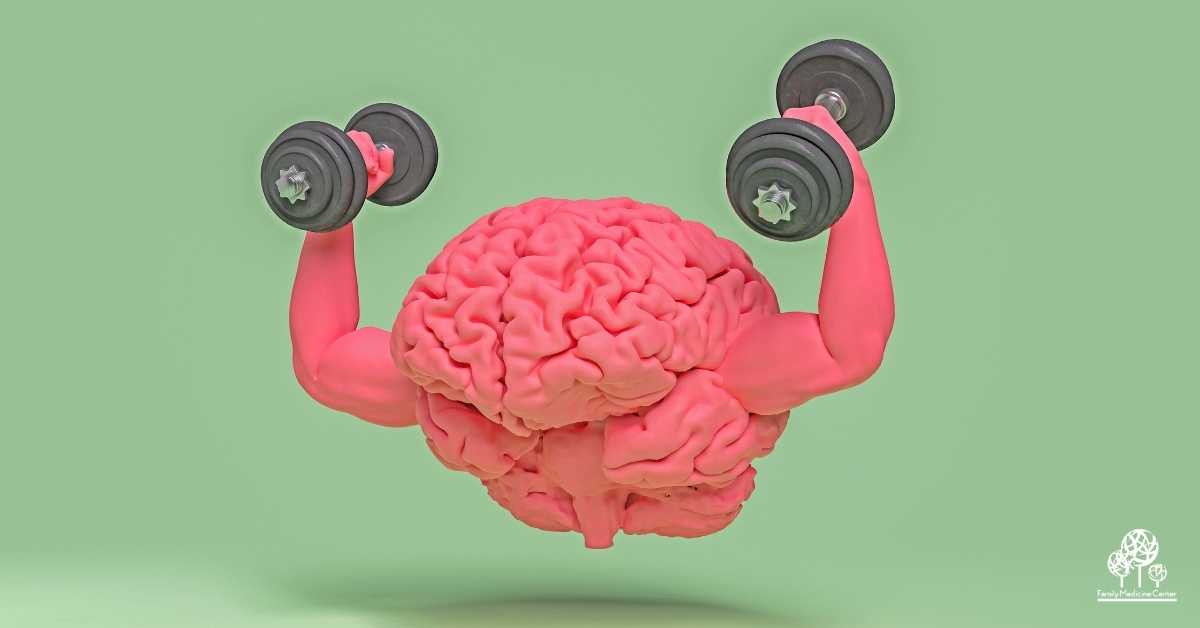Memory lapses don’t have to be inevitable. Learn the daily habits, mental games, and nutrition tips that help support brain health into your 70s, 80s, and beyond.
It’s normal to forget where you left your keys or struggle to recall a name from time to time. But when these moments become frequent, they can feel unsettling—especially as we age.
The good news? Brain health is not only something we can support—it’s something we should prioritize. Just like our muscles, the brain needs stimulation, rest, and good nutrition to stay strong.
We’ve seen how small, consistent habits can make a meaningful difference in memory, focus, and mental clarity well into later life. Here’s how to keep your mind active, sharp, and engaged as you age.
🧠 Challenge Your Brain Daily
Cognitive stimulation helps form new connections in the brain, keeping memory and reasoning skills sharper. Routine is great, but new activities push your brain to grow.
👀 What to watch for: Long periods of passive activity (like watching TV) or repeating the same mental routines day after day.
💡 Pro tip: Play word games, try puzzles, read new genres, learn a language, or take up a new hobby that involves memory or strategy.
🍓 Feed Your Brain What It Craves
What you eat affects how your brain functions. Antioxidants, omega-3 fatty acids, and vitamins like B12 and folate all support long-term cognitive health.
💬 Sound familiar? You often skip meals, lean on sugary snacks, or forget to drink enough water.
💡 Pro tip: Focus on leafy greens, berries, walnuts, olive oil, and fatty fish like salmon. These foods fight inflammation and support brain cell communication.
💤 Protect Your Sleep—It Protects Your Memory
Sleep is when the brain consolidates memories and flushes out toxins. Poor sleep over time is linked to cognitive decline and increased risk of dementia.
👀 What to watch for: Trouble falling or staying asleep, grogginess in the morning, or relying on sleep aids without a consistent routine.
💡 Pro tip: Keep a regular bedtime, avoid screens late at night, and aim for 7–9 hours of uninterrupted rest.
🚶 Move Your Body, Sharpen Your Mind
Physical activity improves blood flow to the brain, enhances mood, and reduces the risk of memory loss. Even light movement makes a difference.
💡 Pro tip: Go for a daily walk, take a dance class, or try light resistance training. Movement supports both mental focus and emotional balance.
👥 Stay Socially Engaged
Loneliness and isolation increase the risk of cognitive decline. Regular interaction helps keep the brain alert, boosts emotional well-being, and even improves verbal recall.
💡 Pro tip: Call a friend, join a group, volunteer, or simply chat with neighbors. Conversation is one of the most natural ways to exercise your mind.
🩺 Don’t Ignore Brain Health During Checkups
Certain conditions like high blood pressure, diabetes, and vitamin deficiencies can affect cognitive function. Managing your overall health supports your brain, too.
💡 Pro tip: Ask about cognitive screenings during wellness visits especially if you or loved ones have noticed memory or focus changes.
Your Mind Deserves Care, Too
Aging doesn’t mean losing your mental sharpness, it just means supporting it in new ways. With the right habits, nourishment, and support, you can continue to think clearly, stay engaged, and live fully for decades to come.
We’re committed to helping you care for your brain, your body, and your future.
📞 Call (242) 702-9310 to schedule a cognitive screening or wellness consultation with our geriatrician Dr. Sanita Belgrave-King.
📅 Book your visit today and take a thoughtful step toward lifelong mental clarity.

